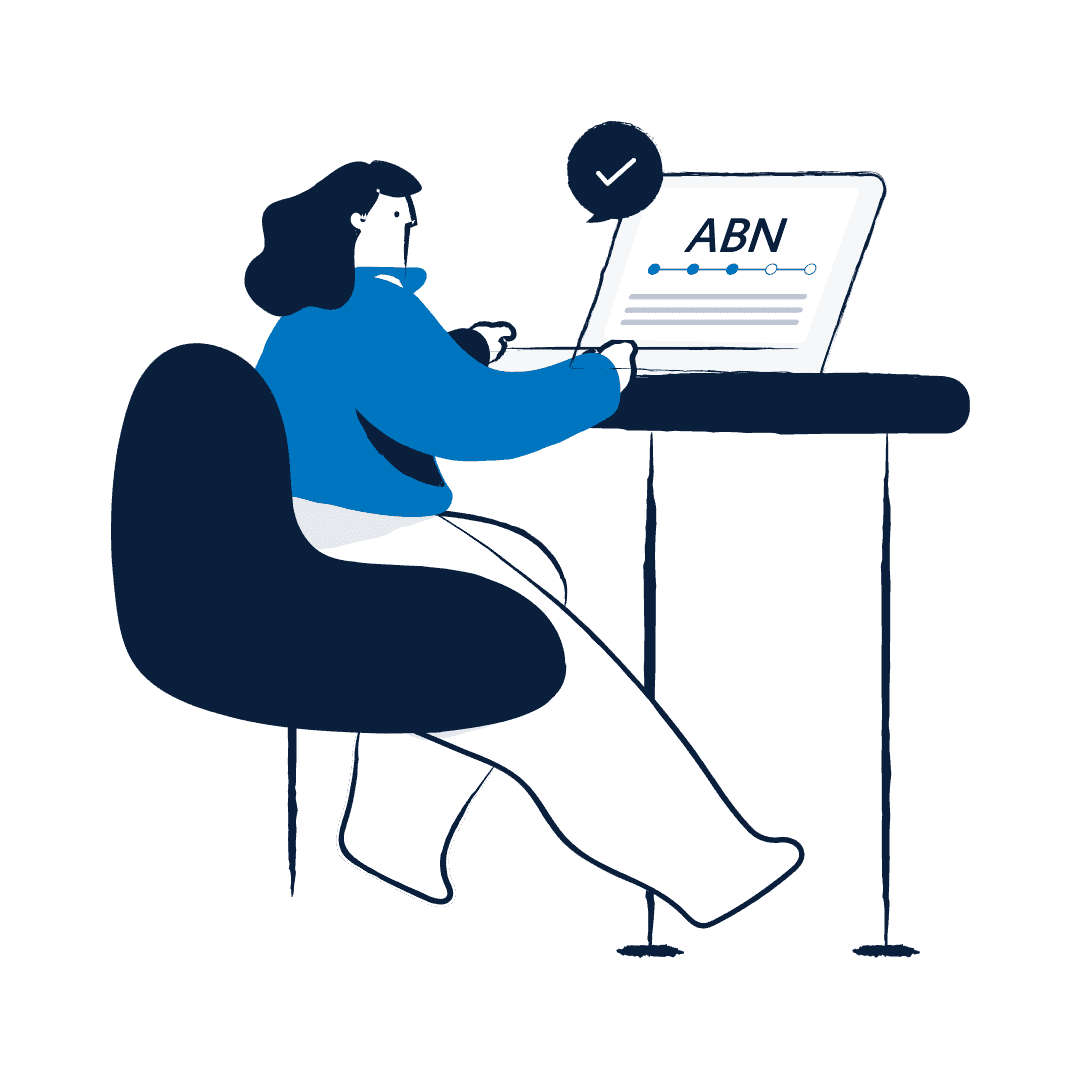Sydney-based law graduate, with a passion for commercial law, litigation, negotiation, dispute resolution, and construction law. Formerly Legal Intern at Lawpath.
In a nutshell, a Public Benevolent Institution (or PBI) is a charity whose main purpose is to relieve poverty, sickness, suffering or disability. It is legally recognised by the Australian Taxation Office and Australian Charity & Not-for-profit Commission as a charity. This status has multiple benefits and naturally a few things to watch out for. So if you have any intention of registering as a PBI, here is what you need to know.
Definition and examples
In order to be successfully registered, you must first satisfy the criteria set out by the Australian Government of a charity, as follows:
- You must be not-for-profit. This is to say that any profits made is not distributed to you or any other members. Instead, it gets put back into the charity to fund necessary activities or costs.
- The purpose must be for public benefit, so you must provide relief to a significant section of the population.
- You can’t be an individual, political party or government department.
Next you must satisfy the criteria of a PBI specifically.
- You must be an institution, which means more than simply distributing funds. A typical company structure may include a company limited by guarantee, and you must also coordinate with other organisations to conduct activities.
- Benevolent relief must be your main purpose.
- Prove that you provide relief to those who need it.
You do not need to directly provide materials to those in need to be classified as a PBI. In very similar format to a main contractor and sub-contractor agreement, you can engage other companies to do this on your behalf. This would be considered a collaboration for charity purposes.
Advantages
As a public benevolent institution, you are eligible for tax concessions and deductible gift receipt status. In order to reap these benefits though, there are a few more criteria to satisfy. First to have an Australian Business Number. This is issued when you register a company, or you can just register for an ABN specifically.

Start your ABN application in minutes!
Need an Australian Business Number to start a casual job? We've got you covered.
Next, you must be in operation in Australia. That’s not to say that you can’t help people overseas at all though. There is a decent list of types of organisations that are permitted to operating outside of Australia as well.
- Providing religious instruction to Government schools.
- Education of Roman Catholic religion in State schools.
- A public fund for ethic education in government schools.
- Disaster relief organisations, as these often happen around the world.
- An Australian war memorial fund.
- A public fund for family dispute resolution.
- Marriage guidance funds.
- A public fund for scholorships.
Lastly, you must also have a deductible gift receipt winding up clause in your company rules.
Disadvantages
The main disadvantage is the many hoops you have to jump through in order to register as a public benevolent institution. However, when you take into account the immense benefits and all the good deeds you will be achieving, this should pale in comparison. The nature of your institution is to help those in need and as long as you are genuine, not-for-profit and abide by the law the Australian Government will back you.
Legalities
The company structure you choose when registering is important for you now and into the future. The ACNC have put together an extensive checklist to read if you are considering starting your own PIB. This is a great starting point to get to know the legal issues associated with your new company. Things like the size of your company, if you will have employees or volunteers, potential of personal liability, if you will need government grants and areas of operation will all help determine which structure to choose.
We don’t blame you if this all seems a bit much. As mentioned before, there are quite a lot of hoops to jump through, so consider making this process a little easier for yourself. An experienced not-for-profit lawyer will be able to walk you through the entire process and recommend certain steps to take.
Conclusion
So we’ve packed a lot of information into a short article for you. To conclude, there are many worthwhile benefits of operating as a public benevolent institute. The only downside is the amount of criteria you need to satisfy at various stages of the process. However, if it is something you are really passionate about and are very eager to start this journey, it will be an incredible and rewarding journey for you.
Don't know where to start?
Contact us on 1800 529 728 to learn more about customising legal documents, obtaining a fixed-fee quote from our network of 600+ expert lawyers or to get answers to your legal questions.






